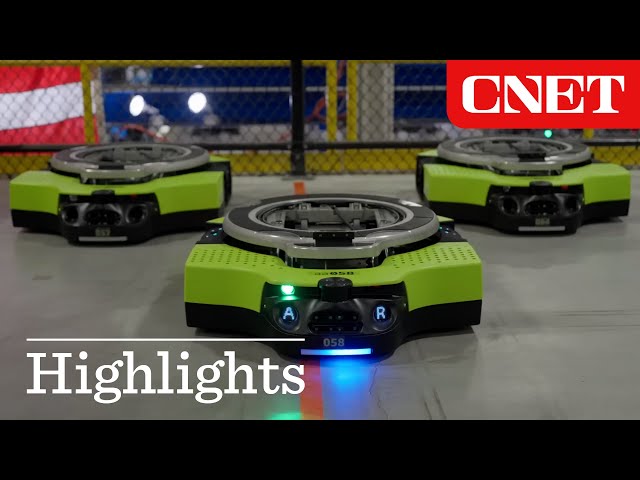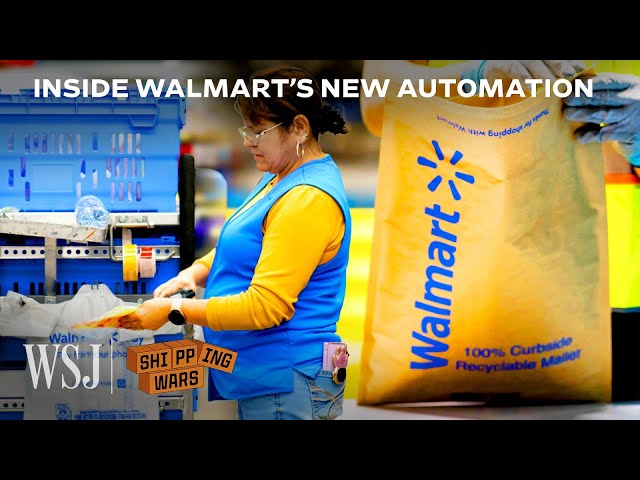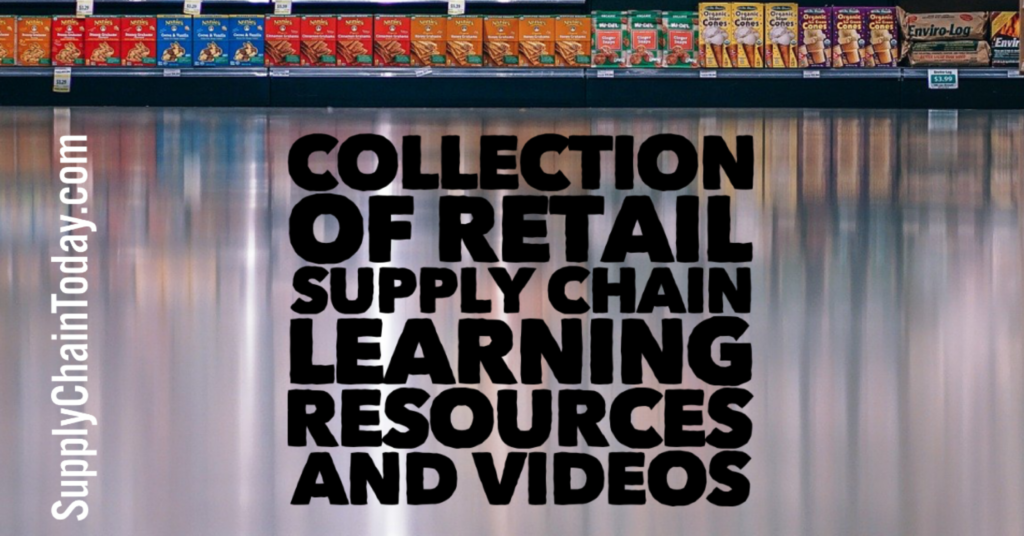Pepsi Supply Chain Case Study with Solution.
PepsiCo, a global food and beverage company, has a complex and diverse supply chain that includes a wide range of raw materials, ingredients, and finished products.
PepsiCo’s supply chain begins with the procurement of raw materials and ingredients, which includes a variety of agricultural products such as grains, fruits, vegetables, and spices. These raw materials are sourced from a network of suppliers around the world, including farmers and other agricultural producers.
Once the raw materials have been procured, they are processed and transformed into finished products at PepsiCo’s manufacturing facilities. These facilities include a network of plants and factories around the world that are responsible for producing a wide range of products, including beverages, snacks, and other food products.
PepsiCo’s finished products are then distributed to customers through a variety of channels, including retail stores, restaurants, and other foodservice outlets. The company uses a combination of its own distribution network and third-party logistics providers to distribute its products to customers around the world.
Overall, PepsiCo’s supply chain is a complex and dynamic system that involves the coordination of a wide range of activities and partners across the globe.
Further Information on the Pepsi Supply Chain.
Here are some key things to know about the Pepsi supply chain:
- PepsiCo’s supply chain is global, with ingredients and materials sourced from all over the world and products sold in more than 200 countries and territories.
- The company has a vast network of suppliers, manufacturers, distributors, and retailers.
- PepsiCo uses a variety of technologies and techniques to ensure that its products are available when and where customers want them.
- The company is committed to reducing its environmental impact and improving the social impact of its operations.
Here are some of the key components of the Pepsi supply chain:
- Ingredient sourcing: PepsiCo sources its ingredients from a variety of suppliers, including farmers, ranchers, and food processors.
- Manufacturing: PepsiCo manufactures its products at a network of facilities around the world.
- Distribution: PepsiCo distributes its products through a network of distributors and retailers.
- Logistics: PepsiCo uses a variety of transportation methods to move its products from its facilities to its customers.
- Customer service: PepsiCo provides customer service to its customers through a variety of channels, including phone, email, and social media.
PepsiCo’s supply chain is a complex and essential part of the company’s operations. The company is constantly working to improve its supply chain efficiency and sustainability.
Some of the ways that PepsiCo is improving its supply chain include:
- Using technology to improve visibility and traceability in its supply chain.
- Reducing waste in its supply chain, including packaging waste and food waste.
- Improving the efficiency of its supply chain, including transportation and warehousing.
- Increasing the sustainability of its supply chain, including reducing its carbon footprint.
PepsiCo is committed to improving its supply chain and making it more efficient, sustainable, and transparent. The company believes that a strong supply chain is essential to its long-term success.
Here are some specific examples of how PepsiCo is improving its supply chain:
- The company is using blockchain technology to track the movement of its products from farm to fork. This will help to improve transparency and traceability in the supply chain.
- PepsiCo is working to reduce packaging waste by using recycled materials and developing more sustainable packaging solutions.
- The company is investing in energy-efficient technologies to reduce its carbon footprint.
- PepsiCo is working with its suppliers to improve their environmental and social practices.
These are just a few examples of the ways that PepsiCo is working to improve its supply chain. The company is committed to making its supply chain more efficient, sustainable, and transparent, and it is making progress towards these goals.
SCM Quotes
- “Those in supply chain know the impossible is possible.” ~Dave Waters
- “We are constantly auditing our supply chain. Making sure that safety standards are – are, you know, are the highest. We’re making sure that working conditions are the highest.” ~Tim Cook, Apple Inc. CEO.
“All we are doing is looking at the time line, from the moment the customer gives us an order to the point when we collect the cash. And we are reducing the time line by reducing the non-value adding wastes.” ~Taiichi Ohno - “If supply chain had an arch enemy it would be called “Bad Communication.” ~Dave Waters
- “Al Qaeda is nothing more than a mutant supply chain. They’re playing off the same platform as Wal-Mart and Dell. They’re just not restrained by it. What is al Qaeda? It’s an open source religious political movement that works off the global supply chain.” ~Thomas Friedman
- “A universal basic income funded by a value-added tax, which is a tax placed on a product whenever value is added at each stage of the supply chain, from production to the point of sale, would spread the benefits of automation to a much wider group of people.” ~Andrew Yang
- “With minimum wage increasing companies want to remove labor. Robotic companies are preparing to capitalize on this trend. For instance, the Tesla Bot will fill many job roles.” ~Dave Waters
- “There’s no question that the Internet generally, and Netflix specifically, upended the traditional content-distribution supply chain and caused profound changes in the entertainment industry.” ~James B. Stewart
Supply Chain Resources
- Coca Cola Supply Chain.
- HOW PEPSI IS MADE? INSIDE PEPSI FACTORY.
- Postponement Strategy.
- SCM and Strategy Key Concepts.
- SCM Training & Overview .
- Supply Chain Resources by Topic & Supplier.
- Supply Chain Top Companies.
- The Food Supply Chain.
- What is Supply Chain Management?


